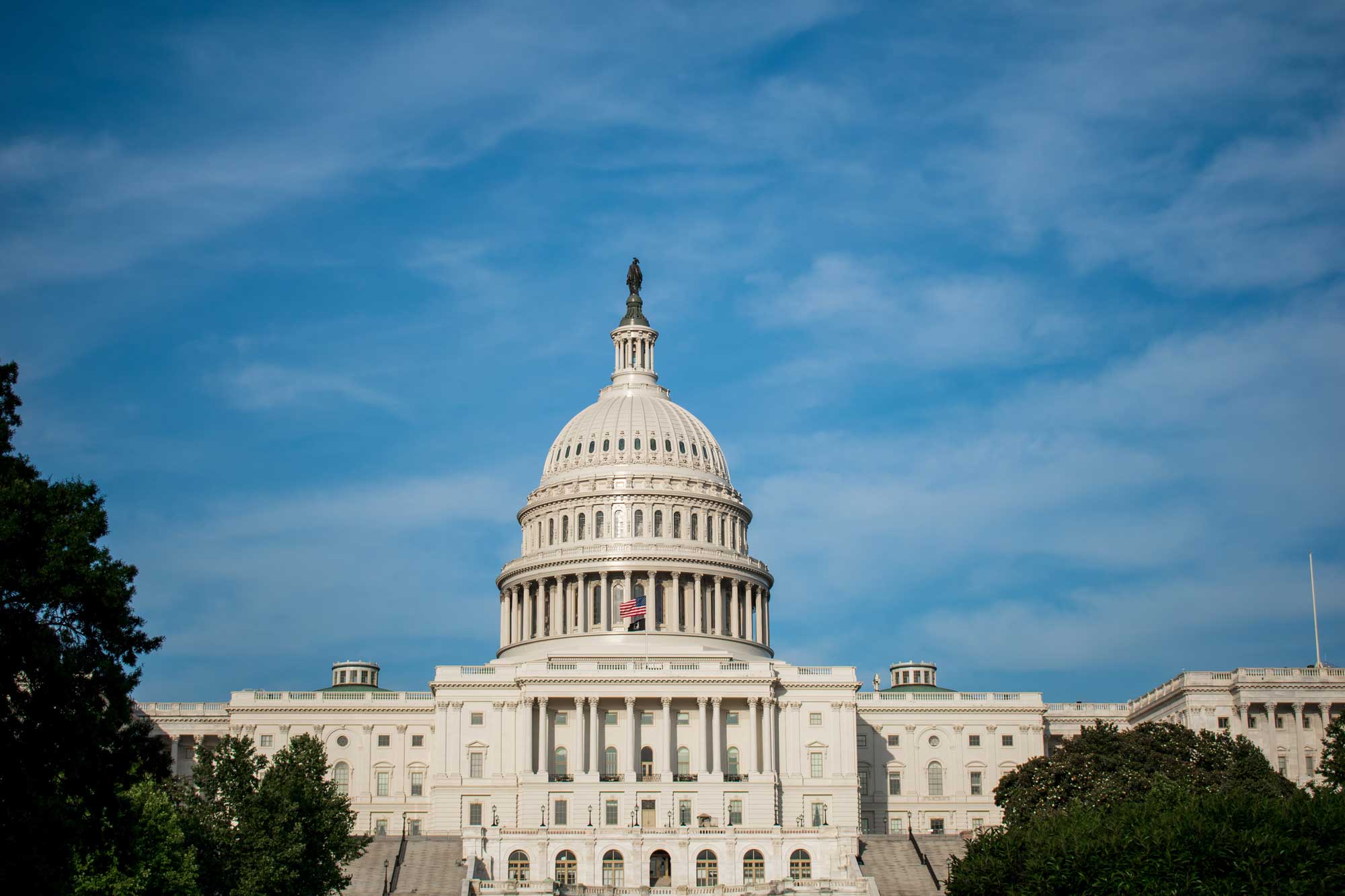Taking It To The Courts: Congress Invalidates Mandatory Arbitration In Sexual Assault And Sexual Harassment Cases
On February 10, 2022, the United States Congress approved a bill (H.R. 4445) entitled “Ending Forced Arbitration of Sexual Assault and Sexual Harassment Act of 2021” (“the Act”). The bill, which received bipartisan support, will almost certainly be signed into law by President Biden. Indeed, on February 1, 2022, the Administration issued a Statement of Administration Policy that praised the legislation and called for its passage. The Administration asserted that “[t]his bipartisan, bicameral legislation empowers survivors of sexual assault and sexual harassment by giving them a choice to go to court instead of being forced into arbitration.” In short, the Act states that agreements that provide that arbitration is the only avenue for individuals (as opposed to going to court) are not enforceable in cases where sexual assault or sexual harassment are alleged. The Act amends the Federal Arbitration Act and represents a significant change for employers and employees (and others who may fall under arbitration clauses) in cases where there are allegations of sexual harassment or sexual assault.
In defining “sexual assault dispute” and “sexual harassment dispute,” the Act is fairly straightforward. “Sexual assault dispute” is defined as “a dispute involving a nonconsensual sexual act or sexual contact, [as defined in federal or similar Tribal or State law], including when the victim lacks capacity to consent.” “Sexual harassment dispute” is defined as “a dispute relating to conduct that is alleged to constitute sexual harassment under applicable Federal, Tribal, or State law.” In those matters, the Act provides that “no predispute arbitration agreement or predispute join-action waiver shall be valid or enforceable with respect to a case which is filed under Federal, Tribal, or State law and relates to the sexual assault dispute or the sexual harassment dispute.” The Act states that the determination of whether its terms are applicable to a particular lawsuit will be made by a court, rather than an arbitrator. The Act applies “with respect to any dispute or claim that arises or accrues on or after the date of enactment of this Act.”
For employers and employees, this means that any existing forced arbitration clauses are likely to be deemed invalid in cases arising following enactment of the Act where there are allegations of sexual assault or sexual harassment, although the parties can voluntarily choose to arbitrate the claims. Given that the Act specifically addresses claims of sexual assault and sexual harassment, it is possible that moving forward, some claims will have to be arbitrated while the sexual assault/sexual harassment claims proceed to court.
This legislation marks a milestone in allowing individuals to bring their allegations of sexual assault or sexual harassment to the light of the public via the court system. The Act requires an examination of current arbitration agreements and potentially will require revisions to carve out the covered claims. There are other attempts to limit the enforceability of arbitration agreements, although those attempts have thus far proved unsuccessful. We will provide updates at they become available.
If you have any questions or concerns regarding this topic, or any topic related to labor and employment law, please contact us.
Photo by Elijah Mears on Unsplash

